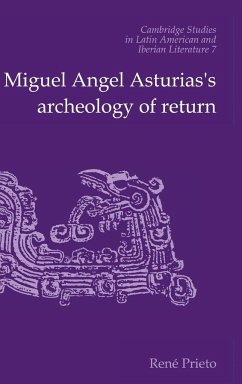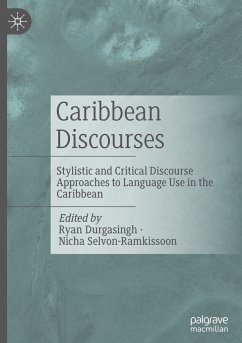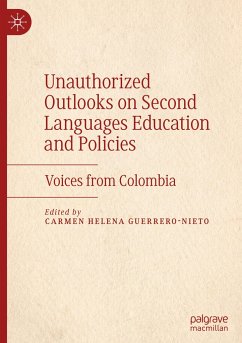
Amazonian Quichua Language and Life
Introduction to Grammar, Ecology, and Discourse from Pastaza and Upper Napo, Ecuador

PAYBACK Punkte
61 °P sammeln!
This book introduces a first year of guided instruction for teaching Amazonian Quichua language and life. It covers two varieties of Quichua spoken in Ecuador, Pastaza, and Upper Napo in twenty lessons that include practice exercises, grammatical explanations, and cultural highlights with links to audiovisual stories, songs, and conversations.














